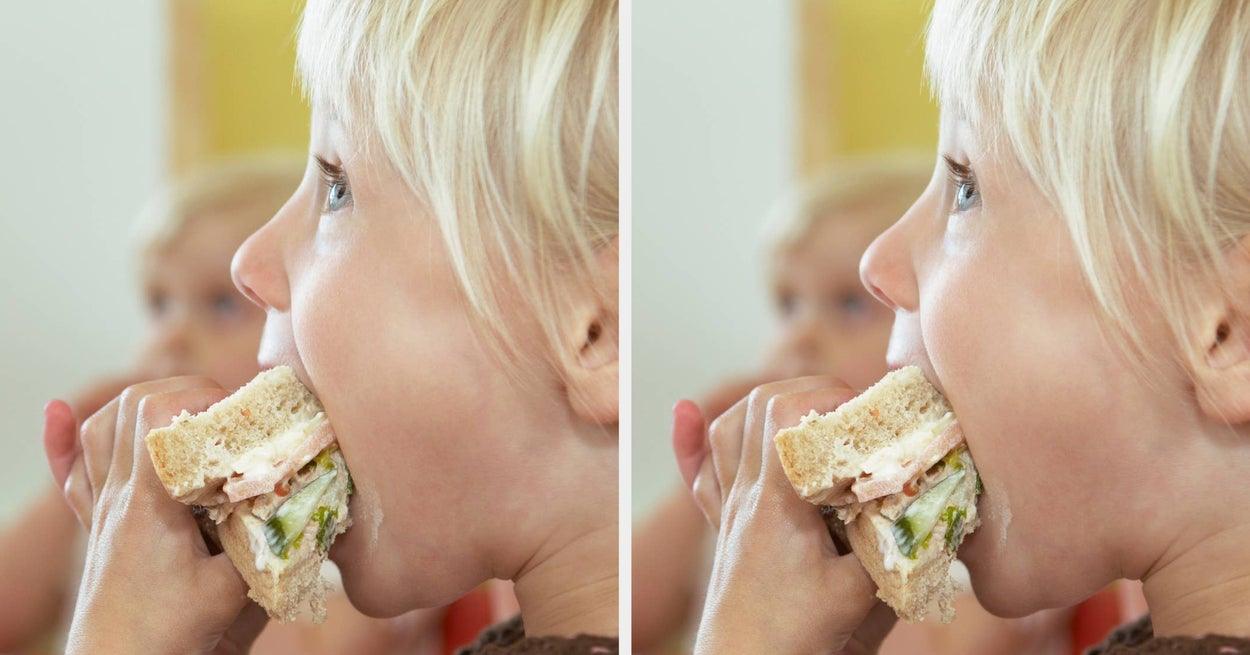
"It's the bizarre normalization of the whole affair, as if we've collectively agreed that fiscal responsibility is best taught through the ritual humiliation of second graders. It's watching the adults in the room - ordinary, decent people who'd never dream of snatching food from a child in any other context - perform this strange ceremony with the mechanical resignation of DMV employees, while around them life continues uninterrupted, because this is just How Things Are."
"I never actually witnessed this scene myself, but I've interviewed enough lunch ladies, principals and kids to construct a sort of composite mental image that now plays on an endless loop between my ears. It's become my own personal film of educational injustice, frame by frame, in high-definition slow motion: the momentary confusion on the child's face, the hushed explanation from the cashier, the sudden understanding dawning in the kid's eyes, the burning shame that follows."
"It's the kind of thing most adults have trained themselves not to see, which is how I managed to live 29 years without recognizing an entire shadow economy of grade-school debt operating in the fluorescent-lit cafeterias of Utah, where I live. The invisibility of it all seems almost by design - a sleight-of-hand that kept this particular form of childhood poverty comfortably out of my peripheral vision until an algorithm decided I needed to know about it."
School cafeterias substitute hot lunches with cold 'alternative meals' for students who owe money, creating public humiliation that has been normalized as a fiscal lesson. Ordinary school staff perform the practice with resigned, bureaucratic routines while everyday life proceeds around them. Interviews with lunch workers, principals and students form a composite image of repeated confusion, whispered explanations and lasting shame. The practice remains largely invisible, operating as a shadow economy of grade-school debt. An algorithm revealed $2.8 million in school lunch debt across Utah in June 2024, exposing the scale of the problem and its institutional acceptance.
Read at BuzzFeed
Unable to calculate read time
Collection
[
|
...
]